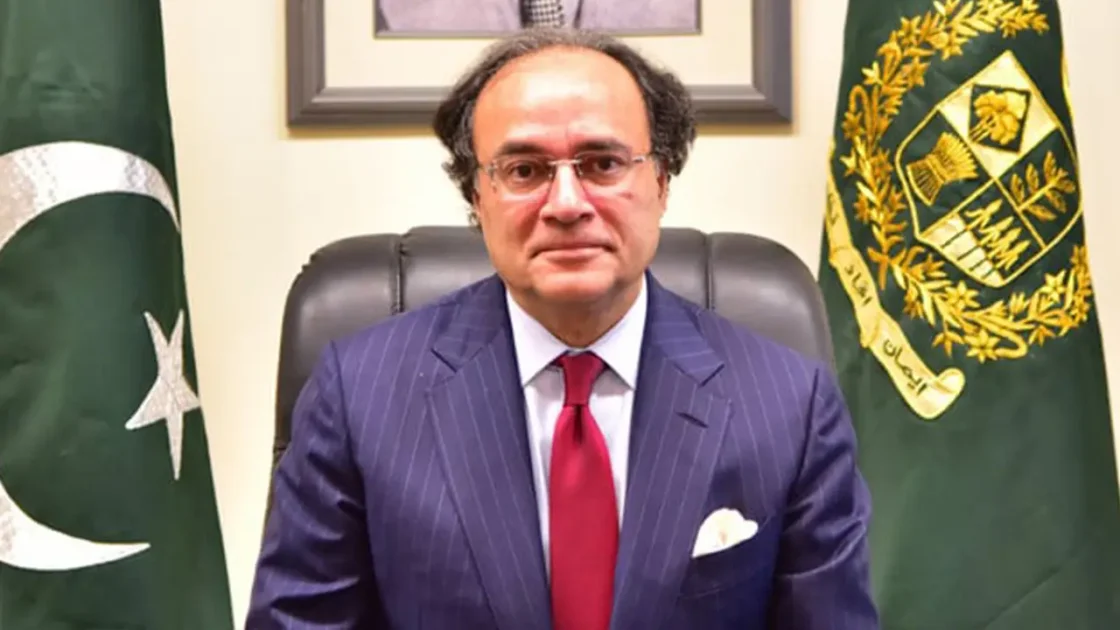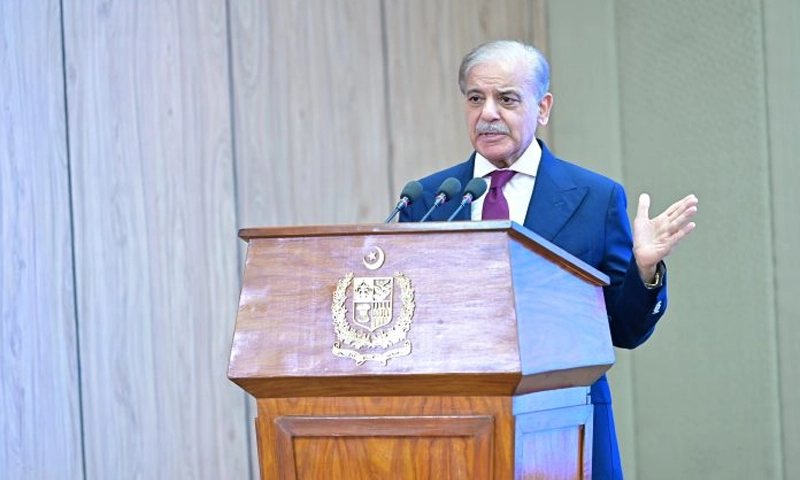- Web Desk
- 17 Minutes ago

SBP eyes gradual policy rate reduction after inflation declines
-

- Web Desk
- Dec 06, 2024

ISLAMABAD: Just days after Prime Minister Shehbaz Sharif hinted at a possible reduction in Pakistan’s policy rate, economic experts are also predicting a cut by the State Bank of Pakistan (SBP) within this month.
But why is this expected, and how significant could the cut be? According to Khurram Schehzad, advisor to the finance minister, the SBP has the capacity to reduce the policy rate by up to 250 basis points.
This is largely due to a sharp rise in the real interest rate, following recent inflation figures that have dropped below the central bank’s target of 5-7 per cent. Still, Schehzad cautioned that the bank might adopt gradual approach to rate cuts and prioritise careful adjustment.
Current market predictions align with this outlook with expectations of a rate cut of up to 250 basis points. It would be major boost for industries and could significantly reduce interest payments of about Rs1.3 trillion, a figure seen as a massive burden on national resources.
Schehzad further explained that a cut in policy rate would not only lower debt servicing costs for existing loans but also create room for fresh capital which is essential for boosting economic growth.
Food prices have recently eased, bringing relief to the population. The prices of key food items like onions, chicken, pulses, and fresh vegetables have seen a reduction. Meanwhile, energy prices have also declined, factors critical for a developing country like Pakistan.
With inflation now easing to 4.9 per cent in November, its lowest level in more than two years, the SBP has already reduced the policy rate by 700 basis points since June. Schehzad believes that further rate cuts are likely in the near future.
PM Shehbaz also hailed reduction in inflation, calling it a record decline and said that this downward trend in inflation—down from 7.2 per cent in October—could lead to further cuts in the key policy rate.
Read next: Oil prices rebound as OPEC+ expected to extend production cuts





